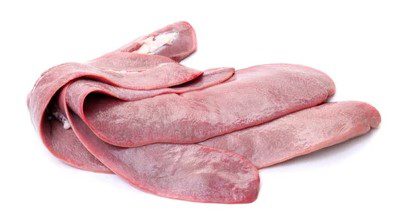

Dogs can eat pig spleen as it contains vitamins A and D that boost their immune system. However, it is important to source the spleen from organic, free-range livestock to avoid bacterial contamination. Dogs with weak digestive systems should avoid it as it is tough and difficult to digest.
Pig spleen is a rich source of vitamins and minerals that promote proper organ functioning and strengthen the immune system. It contains vitamins D, K, A, and E that are essential for a dog’s health.
Raw or undercooked pig spleen may contain harmful bacteria or parasites that can make dogs ill. Dogs with weak digestive systems may have difficulty digesting the spleen, leading to digestive issues.
It is best to source meat and offal from organic or free-range livestock. Raw feeders can give pig spleen to their dogs in small, chopped pieces. For dogs on a cooked diet, thoroughly cook the spleen by boiling, air-drying, or freeze-drying. Cut it into bite-sized pieces and mix it into their food in moderation.
Pig spleen, also known as pork spleen, can be consumed by dogs as a source of vitamins and minerals that promote proper organ function and strengthen their immune system. It is believed to contain vitamins A, D, K, and E which are beneficial for their health. However, owners should ensure that the spleen is sourced from organic, free-range livestock to prevent bacterial contamination and the risk of parasites. Dogs with weaker digestive systems should avoid this food as it is tough and difficult to digest.
If you are considering adding pig spleen to your dog's diet, make sure to chop it into small pieces before serving it raw. If your dog is on a cooked diet, then boil, air-dry or freeze-dry the spleen to cook it thoroughly. Cut it into small, bite-sized pieces and serve it in moderation with their regular food.
If you're unable to find pig spleen, beef and chicken spleen are both great alternatives that are equally beneficial and easier to digest.
Have you ever tried feeding your dog pig spleen? Did they enjoy it? Share your experience with us in the comments below! As always, remember to consult your veterinarian before making any changes to your dog's diet.